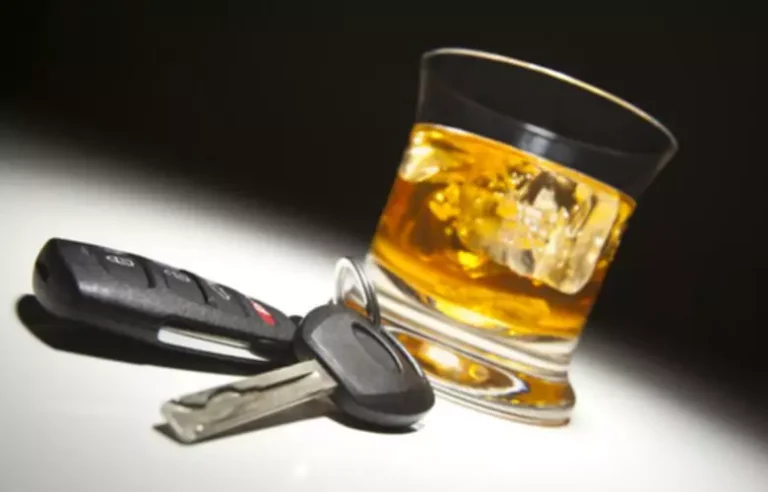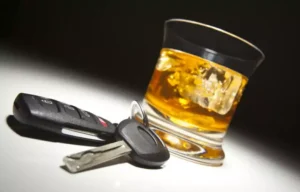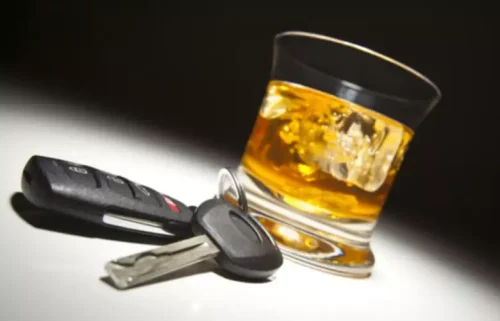Treatment for Alcohol Problems: Finding and Getting Help National Institute on Alcohol Abuse and Alcoholism NIAAA
- 2021-12-22
- 22:19

No matter the reaction, you should stay calm and assure your person that they have your respect and support. It can be hard to step aside when you see someone doing self-destructive things. But when you make excuses or cover their dropped responsibilities, it keeps them from seeing the consequences of their actions.
Don’t offer an ultimatum.

You don’t have to create a crisis, but learning detachment will help you allow a crisis—one that may be the only way to create change—to happen. What might look like denial may actually be a lot more complicated and multilayered for people with high-functioning AUD. But maybe they drinka few glasses of wine each night to help them fall asleep. Or, they get bombed every weekend but don’t skip a beat at their demanding job.
- Studies show that strong family support through family therapy increases the chances of maintaining abstinence (not drinking) compared with people going to individual counseling.
- Even when your loved one is committed to changing, it can take several rounds of treatment before they truly stop.
- We strive to create content that is clear, concise, and easy to understand.
- Instead of offering ultimatums, offer advice or options for help.
- Instead, ask them gently if they think there could be a contributing cause to their drinking.
How to Talk to Your Spouse About Alcohol Use
An addicted person will likely never respond well to someone who loses their temper or seems impatient. However, being patient does not mean you should enable a person’s alcohol-related behavior. Know when to remain calm versus when to walk away and draw the line.
Ask about their support needs
- Look for local Alcoholics Anonymous meetings, find counselors that fit their insurance plan, and research treatment facilities.
- Research shows that most people who have alcohol problems are able to reduce their drinking or quit entirely.
- Eating right, exercising regularly, and sleeping well can all help to keep stress in check.
- Often a person has been contemplating abstinence for some time, yet couldn’t get sober on their own.
This may be in an NHS inpatient unit or a medically supported residential service, depending on your situation and the assessed medical need. Find out where you can get support on the Carers Trust website. Ask a GP or alcohol service about what longer-term support is available in your area. Sometimes in therapy I come across clients who report they support for those who struggling with alcohol addiction don’t…

Alcohol Support Groups and Resources

Eating right, exercising regularly, and sleeping well can all help to keep stress in check. You can also try one of HelpGuide’s guided audio meditations to help you stay calm and focused as you make this challenging journey. Your teen should understand that drinking alcohol comes with specific consequences. But don’t make hollow threats or set rules that you cannot enforce. As a parent or guardian, it’s normal to feel scared, angry, or confused if you discover your child is drinking.
- But it’s important to remember that you still have a major impact on the choices that your child makes, especially during their preteen and early teen years.
- On the surface of things this doesn’t seem very hard, but many people have trouble with this.
- Studies show that people who have AUD are more likely to suffer from major depression or anxiety over their lifetime.
- Staying involved is key to helping your loved one remain engaged in treatment and committed to their recovery.
- This may be because the pleasure center of a teen’s brain matures before their capacity to make sound decisions.

It’s helpful to continue attending Al-Anon meetings, to learn to differentiate between your issues and your loved one’s issues, and take responsibility only for your own. And don’t forget to practice self-care—your physical and mental health matter, too. One of the challenging aspects of trying not to drink is being able to say “no” if a drink is offered. On the surface of https://ecosoberhouse.com/ things this doesn’t seem very hard, but many people have trouble with this. Once you say no you may draw attention to yourself and feel like you have to explain yourself. Your friends or family may not expect you to say no so it might seem odd all of a sudden that you are refusing a drink.
